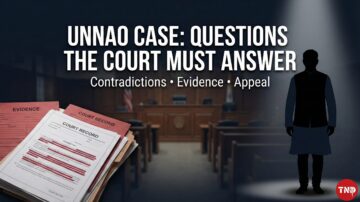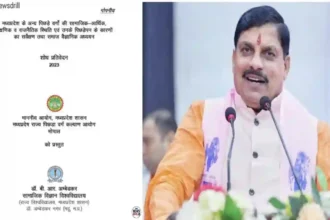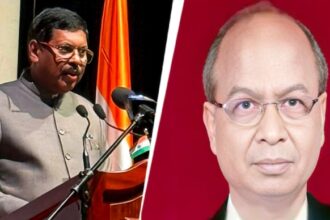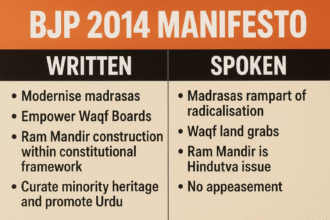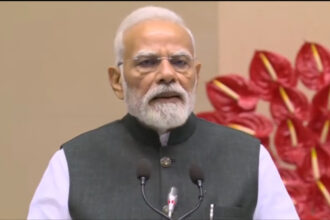Bengaluru Court ruling on CM Siddaramaiah remarks against RSS has drawn attention after the court dismissed a criminal complaint that accused Karnataka Chief Minister Siddaramaiah of defamation and hurting religious sentiments. The ruling makes it clear that Siddaramaiah’s comments in the Legislative Assembly about the Rashtriya Swayamsevak Sangh (RSS) and Bajrang Dal do not constitute any offence under the Bharatiya Nyaya Sanhita (BNS), 2023.
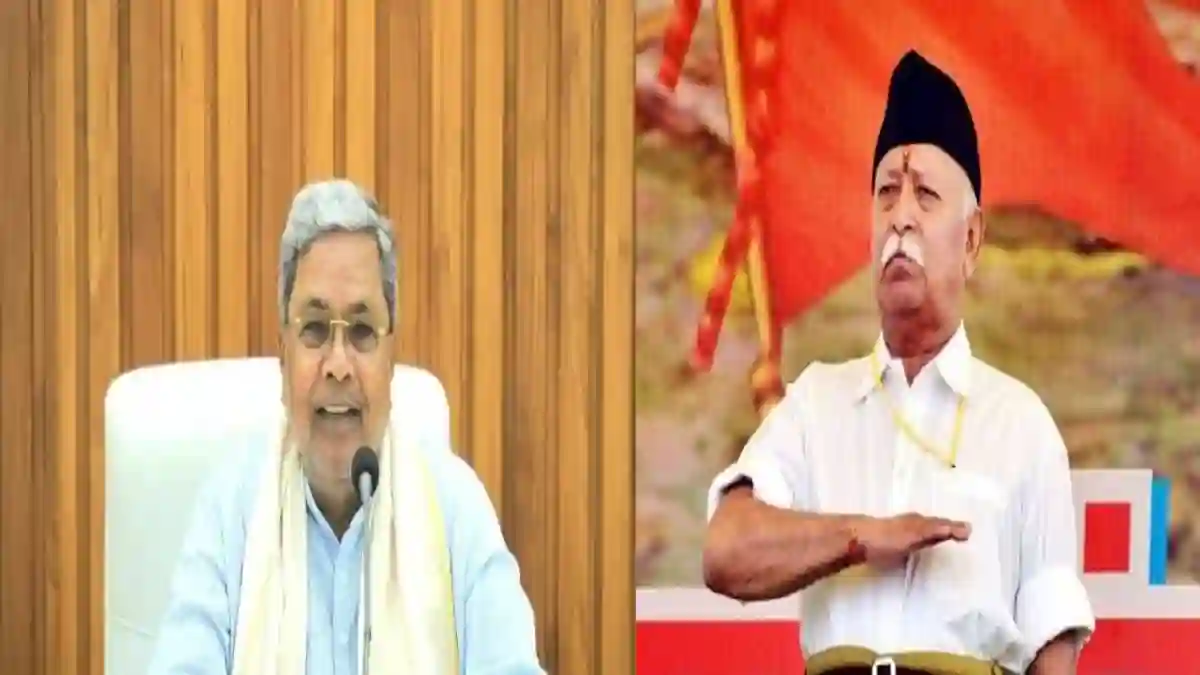
Complaint Against CM Siddaramaiah
The case began with a complaint filed by advocate Kiran N, who claimed to be associated with the RSS. He alleged that the Chief Minister’s Assembly statement — accusing the RSS and Bajrang Dal of committing more crimes — had defamed the organizations and hurt his religious sentiments. The complainant argued that Siddaramaiah portrayed the “divine RSS” as a criminal organization and its volunteers as criminals.
The charges were sought under Sections 299, 352, and 356(2) of the BNS, 2023. However, the Bengaluru Court ruling on CM Siddaramaiah remarks against RSS found no legal basis to proceed with these allegations.
Court’s Observations
Additional Chief Judicial Magistrate K.N. Shivakumar, while dismissing the complaint, highlighted several important legal points:The alleged remarks were made during Siddaramaiah’s reply to the motion of thanks to the Governor’s address in the Legislative Assembly.
The court emphasized that such remarks were made in the context of governance, law and order, and security concerns.
As per Article 194(2) of the Constitution, statements made within the Assembly fall under legislative privilege, and hence cannot be subjected to defamation charges.
The court noted that the Bengaluru Court ruling on CM Siddaramaiah remarks against RSS clearly falls within the scope of legislative debate and is covered by constitutional immunity.
RSS Is Not a Religious Organization
A crucial part of the ruling came when the court examined the applicability of Section 299 of the BNS, which deals with “deliberate and malicious acts intended to outrage religious feelings.” The court clarified that:
To invoke Section 299, there must be a deliberate and malicious intent to insult a religion or religious belief.
The complainant himself had submitted extracts from the official RSS website, which state that the RSS is “not a religious organization” and does not use the word Hindu as religion.
Therefore, remarks made against RSS do not amount to insulting any religion or religious belief.
This was a decisive factor in the Bengaluru Court ruling on CM Siddaramaiah remarks against RSS, as it established that the alleged offence under Section 299 could not stand.
Locus of the Complainant Questioned
The court further questioned whether the complainant had the authority to represent the RSS in such a case. Although he claimed to be associated with the organization, he did not state his position or authorization to file the complaint on behalf of RSS. This weakened the maintainability of the complaint.
Legislative Privilege Protects Siddaramaiah
The court stressed that Siddaramaiah’s remarks were part of a legislative discussion on governance and law enforcement. Since Article 194(2) grants immunity to statements made within the legislature, the Chief Minister’s comments were fully protected under constitutional privilege.
Even opposition leaders during the session reportedly challenged Siddaramaiah to repeat his remarks outside the Assembly, indicating awareness that the Assembly itself provided immunity to such statements.
Thus, the Bengaluru Court ruling on CM Siddaramaiah remarks against RSS reaffirmed the importance of legislative privilege in protecting free debate within the Assembly.
Summary
The Bengaluru Court ruling on CM Siddaramaiah remarks against RSS is significant for multiple reasons. It reinforces the legal principle that statements made in the Legislative Assembly are protected by constitutional privilege, and it highlights that the RSS is not classified as a religious organization under law. As such, allegations of defamation or hurting religious sentiments could not be upheld.
By dismissing the complaint, the court not only safeguarded legislative debate but also set a precedent in interpreting the scope of Section 299 of the BNS, 2023.


